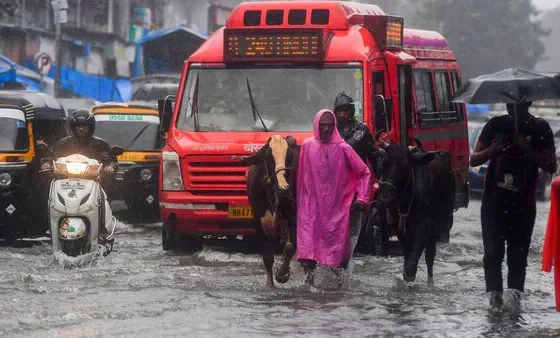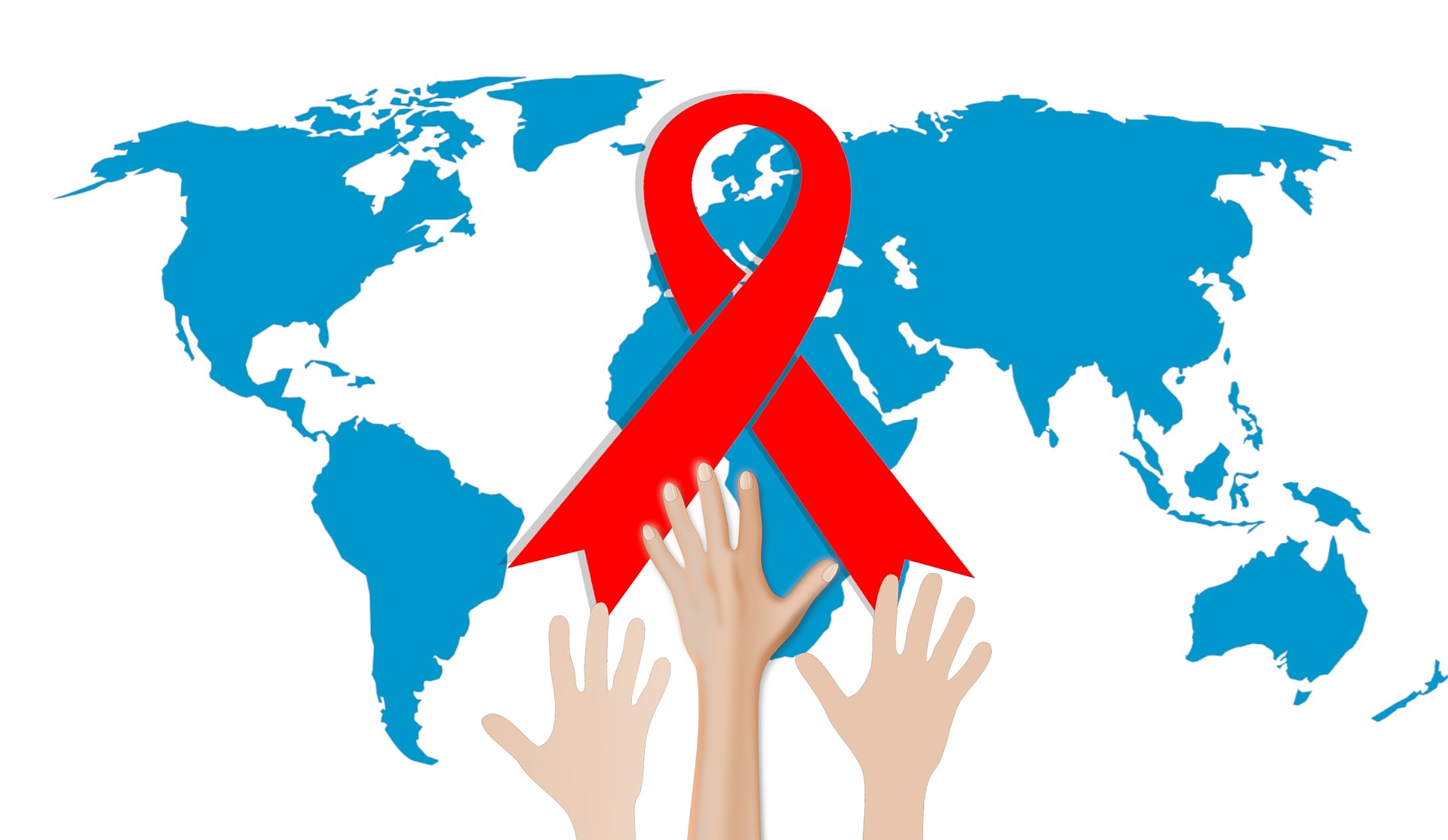When it comes to mental health, trauma and anxiety often go hand in hand, having a substantial effect on a person’s overall well-being. Digging into the relationship between these two can help us provide better support to those who are struggling. Let’s delve into this to see how trauma and anxiety are intertwined and what it means.
What Is Trauma?
Trauma is an overwhelming experience that is deeply disturbing and exceeds a person’s ability to handle it, leading to feelings of horror, fear or helplessness. On the flip side, anxiety is an ongoing sense of unease, fear or worry often brought on by different stresses. Trauma usually connects with past incidents, while anxiety tends to worry about future uncertainties and assumed threats.
How Trauma Affects Anxiety
Traumatic experiences can significantly affect mental health, giving rise to anxiety disorders. The distress, both emotional and psychological, due to trauma can manifest into various anxiety forms such as generalized anxiety disorder, post-traumatic stress disorder (PTSD), or panic disorder. People who have experienced trauma might show intense anxiety levels, mainly resulting from unrelenting fear, hypervigilance, and a tendency to avoid anything that reminds them of the traumatic incident.
The Importance of Triggers in Anxiety
Triggers play a crucial role in heightening anxiety symptoms for people who have faced trauma. Triggers can be sensory stimuli, emotional hints, or environment-based factors that bring back memories or emotions tied to the traumatic experience. When faced with these triggers, people could undergo severe anxiety reactions, such as panic attacks, flashbacks or intense fear and distress. Recognizing and coping with these triggers is vital in dealing with anxiety symptoms, paving the way for recovery.
Dealing with the Anxiety from Trauma
Managing trauma-induced anxiety requires a comprehensive approach, merging therapy, self-care routines, and support systems. Therapies like cognitive-behavioral therapy (CBT), or eye movement desensitization and reprocessing (EMDR) can assist individuals in processing their trauma, disputing negative thoughts, and developing healthy coping mechanisms. Moreover, self-care activities such as mindfulness exercises, relaxation techniques, and creative expression can help decrease anxiety levels and nurture emotional health.
The Need for Professional Assistance
Those grappling with anxiety due to trauma must consider getting professional guidance from mental health experts. Mental health professionals like therapists, counselors, and psychiatrists can provide tailored treatment plans, emotional backing, and guidance in navigating through the complexities of trauma and anxiety. Addressing the underlying issues, exploring coping techniques, and enhancing resilience can lead individuals towards recovery.











